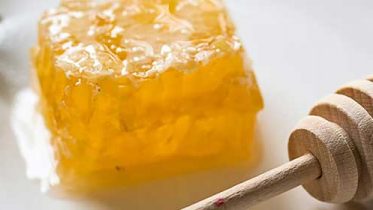Patentability of plants and animals obtained by essentially biological processes in Mexico
- 22 June 2020
- New legislation
On May 14, 2020, the EPO’s Enlarged Board of Appeal (EBA) issued its opinion regarding the patentability of plants and animals obtained by essentially biological processes in G3/19. In said opinion, the EBA confirmed that the exclusion of essentially biological processes extends to those products obtained therefrom, i.e., to plants, plant material and animals.
While it is true that each Patent Office may define its own patentability standards, the Mexican Institute of Industrial Property (IMPI) objected applications directed to plants obtained by essentially biological processes shortly after the amendments to EPC Regulations were issued.
Contrary to the situation in Europe, there are no legal basis under applicable Mexican industrial property legislation supporting the IMPI’s position. Moreover, the legal and factual background that motivated the amendments to the EPC Regulations has no parallel in Mexico.
Therefore, we believe that IMPI’s change of criteria is totally debatable and can be appealed. In fact, the literal interpretation of the law that characterizes Mexican Courts favors a positive outcome for patent holders.
Nonetheless, defending the patentability of plant-related inventions may be limited to the currently pending applications, since there is an under-review proposal of a new industrial property law, which establishes that essentially biological processes for obtaining plants or animals and their resulting products shall not be patentable.
Please find below the details of the criteria as applied by the IMPI concerning plant-related inventions:
i. Products obtained by essentially biological process are no longer patent eligible, regardless of the claim language, format, or drafting used (even if material deposited under the Budapest Treaty is claimed).
ii. The MPO currently considers as examples of “essentially biological process for producing plants”, a procedure involving the crossing of the whole genomes of two plants and selecting a plant having the desired traits.
iii. Adding a technical step to the process of crossing and selection, such as using molecular markers, does not modify the “essentially biological” nature of crossing and selection. Thus, MPO’s officers confirmed that plants produced by marked-assisted breeding are now excluded from patentability.
iv. Asexual propagation and hybridization methods and products thereof are not patentable either. The patentability of methods using other plant breeding techniques would be assessed on a case-by-case basis.
v. As examples of non-essentially biological processes for producing plants, the MPO’s officers mentioned man-induced mutagenesis, genetic engineering, and in vitro technologies even if they do not involve recombinant DNA technology.
vi. Likewise, methods for identifying and methods for selecting plants having desired traits are patentable subject-matter.
Do not hesitate to contact our Life Sciences team at info@clarkemodet.com.mx.









